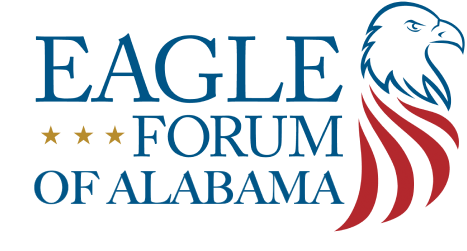Net Neutrality: Government Takeover of the Internet
What is Net Neutrality?
We all know there are different types of content on the internet–emails, websites, photos, videos, etc. Certain types of content (especially videos and very large files) take a lot more bandwidth than other types of content. Think of the internet as a highway, and content as cars. A simple email with no attachments is like a small, fast sports car. It can get from point A to point B in a zip. A You Tube video is more like a big bus. It gets from point A to point B, but has to go a lot slower because of it’s size. When the smaller, faster sports cars get stuck behind the big bus, it slows them down significantly. In order to keep the smaller content like emails from getting slowed down by large files and videos, Internet Service Providers (ISPs) prioritize content that takes less bandwidth. This would be akin to a fast lane on a highway just for small, fast cars.
Net Neutrality is the principle that all content should be treated equally no matter the size or amount of bandwidth they use. The Federal Communications Commission (FCC) is currently considering a regulatory scheme that would enforce this principle prohibiting ISPs from prioritizing certain kinds of content over others.
Why is this a bad thing?
Net Neutrality is ultimately a huge power grab for the FCC. It would be the first time in history the internet would be subject to regulation by the federal government. The FCC is becoming increasingly irrelevant with more and more of our daily communication moving to the internet from radio and television. The Net Neutrality movement is essentially a way to justify its continued existence.
Net Neutrality would at its base, be another federal government take over, this time, control of the internet. It will allow the federal government to regulate how ISPs manage content and data that travels across their networks. This will result in more congestion on the internet and less investment in broadband expansion.
History of Net Neutrality
The FCC has already attempted to enforce Net Neutrality and was prevented from doing so by a federal court in April 2010. The Federal Court of Appeals in DC said the FCC was trying to “shatter” the bounds of their legal authority by regulating the Internet. As a result, the FCC is now trying to reclassify the internet as a Title II “telecommunications service” which would allow them to enact Net Neutrality as well as many other harmful provisions. Title II contains 40+ provisions that were created to address monopoly telephone carriers during WWII. The FCC claims that they are only going to enforce 6 of these provisions and forebear the rest. The forebearance, however, is not legally binding and they could enforce any of the provisions they choose.
One of the worrisome provisions in Title II would allow the FCC to set price controls. They claim they don’t intend to enforce this provision, but they would have a wide open path to set rates for internet service. Most ISPs currently have a tiered pricing system. A consumer who just uses the internet to check email and look up the occasional website doesn’t have the same bandwidth needs as someone who downloads a lot of You Tube videos or files. Thus, ISPs allow consumers to choose a wireless plan that best fits their needs. FCC enforcement of Net Neutrality will likely eliminate that option.
Who is behind the push for Net Neutrality?
An organization called Free Press is the most vocal advocate for Net Neutrality. Free Press is a neo-Marxist group whose goal is to eliminate all private media in this country. They have repeatedly said that Net Neutrality is the first step toward eliminating private media and making broadband service a public utility. Google has been another ardent supporter of Net Neutrality. The concern of content providers like Google is that the ISPs will want to charge them to prioritize their content.
While the concerns of content providers are understandable, prioritizing can actually be a good thing. It creates a fast lane for companies that want to create a high amount of data. Google is afraid they will have to pay extra for that fast lane. That too, is not necessarily a bad thing. Allowing companies to pay extra to make sure that their product is delivered on time is not a new concept. Many companies switched from USPS to Fed Ex even though Fed Ex was more expensive, because they wanted to make sure their products got delivered on time. This would also provide another source of revenue for broadband expansion.
What’s the status of the Net Neutrality debate?
The coalition against Net Neutrality is bi-partisan with all House Republicans and 77 House and Senate Democrats sending a letter to the FCC in opposition. Reports are that the FCC has ended all talks with ISPs at the behest of Free Press, which would seem to be a step toward Title II regulation. However, there are signs that Google and some of the other content providers are concerned about the possibility of overburdensome regulations under Title II and have stepped back their efforts in favor of Net Neutrality. Google and Verizon are reportedly in talks, and Amazon is attempting to broker a compromise on Title II reclassification. It is looking more and more like content providers are going to be forced to work with ISPs to provide the best product to the consumer; thus, enabling free market forces to work without the heavy hand of government.



